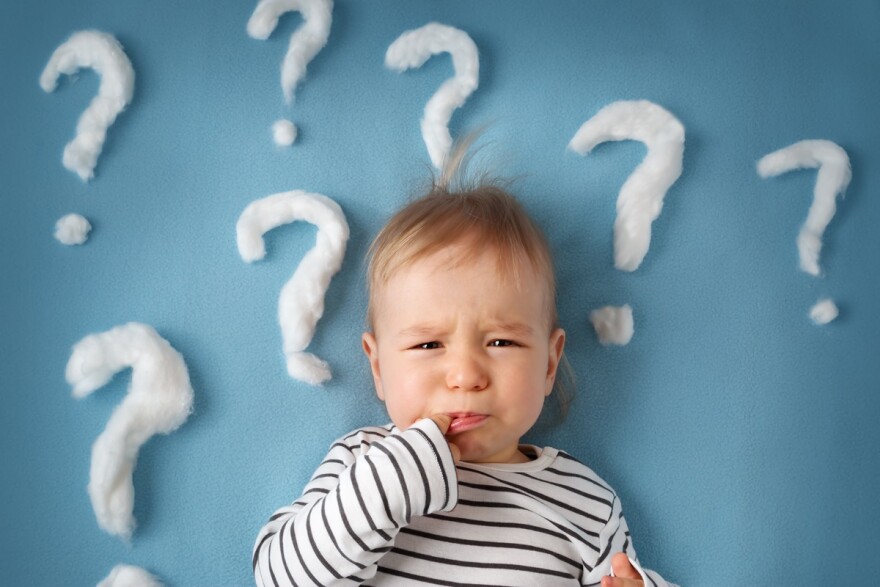Being a baby is a formative time in our lives. Every day the world presents something new. Scientists know that infancy is a time of rapid learning. So, how come we can’t remember being a baby?
Psychologists call this surprising phenomenon infantile amnesia. Neuroscientists have thought that babies don’t remember their early life because their brains haven’t yet developed the ability to do so. Their theory focused on the development of a part of the brain called the hippocampus. This is because adults that suffer hippocampal damage have a memory that’s a lot like that of a baby. They can learn new skills and abilities, but can’t remember the events of their lives.
In 2025 a team of neuroscientists published a new study that shows that the relationship between the hippocampus and infantile amnesia is more complicated than they thought. To test the memories of babies, the researchers showed them a series of images. Some of the images were new, and some were images that they had been shown before.
The researchers found some of the babies, starting about on year of age, remembered the familiar images, because they consistently looked at them longer than they did new ones. The researchers then used brain scanning technology to learn what was going on in the baby’s brain when they first saw an image that they later remembered. It turns out that the baby’s hippocampus shows the same sort of activity during this learning as it does in an adult. It appears that the brain does have some ability to store events of a baby’s early life, and understanding infantile amnesia may not be easy.
A special thanks goes to Nora S. Newcombe and Laura H. Carnell, Professor of Psychology, Temple University, Philadelphia, Pennsylvania, for reviewing today's episode
Further Reading
- Why don't we remember being a baby? New study provides clues | ScienceDaily
- Babies do make memories — so why can’t we recall our earliest years?
- Why don’t we remember being a baby? New study provides clues | Yale News
A. Travaglia et al. 2016, Infantile amnesia reflects a developmental critical period for hippocampal learning, Nature Neuroscience, 19 (9):1225-1233. doi:10.1038/nn.4348.
T. S. Yates et al. 2025 Hippocampal encoding of memories in human infants. Science, 387, 1316-1320.








